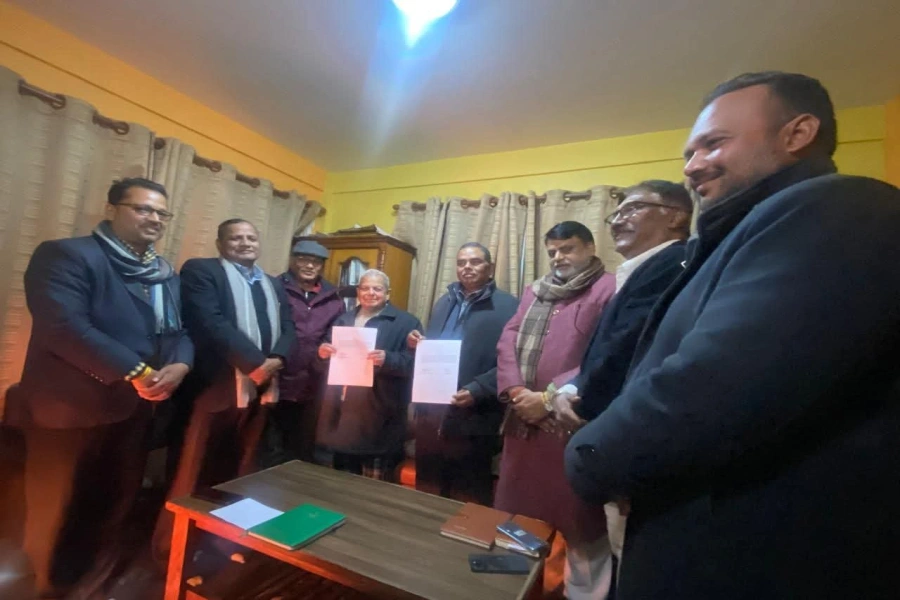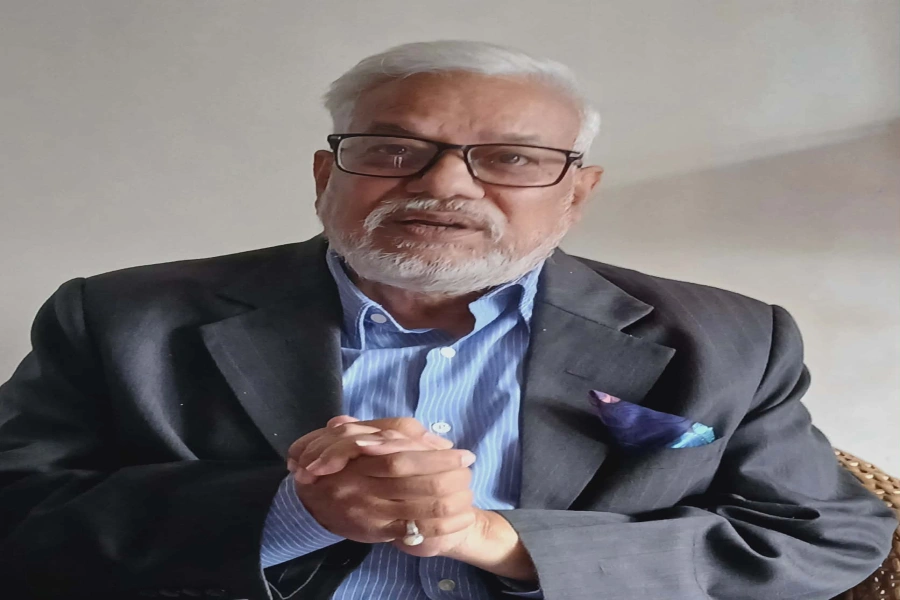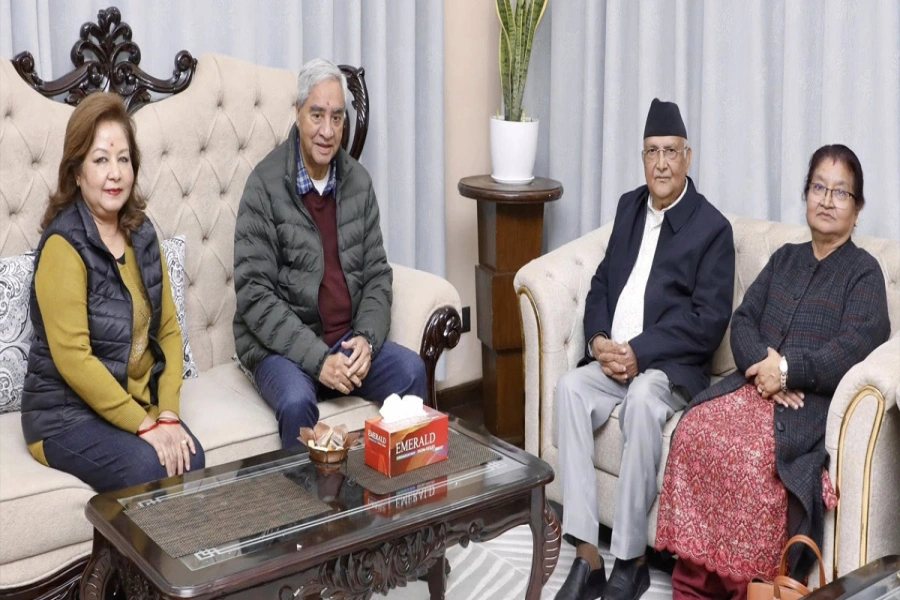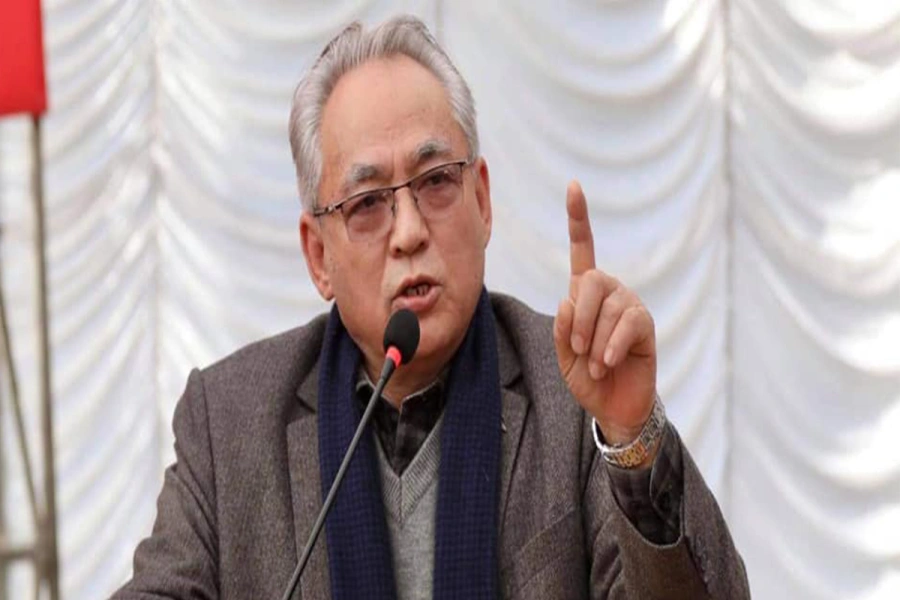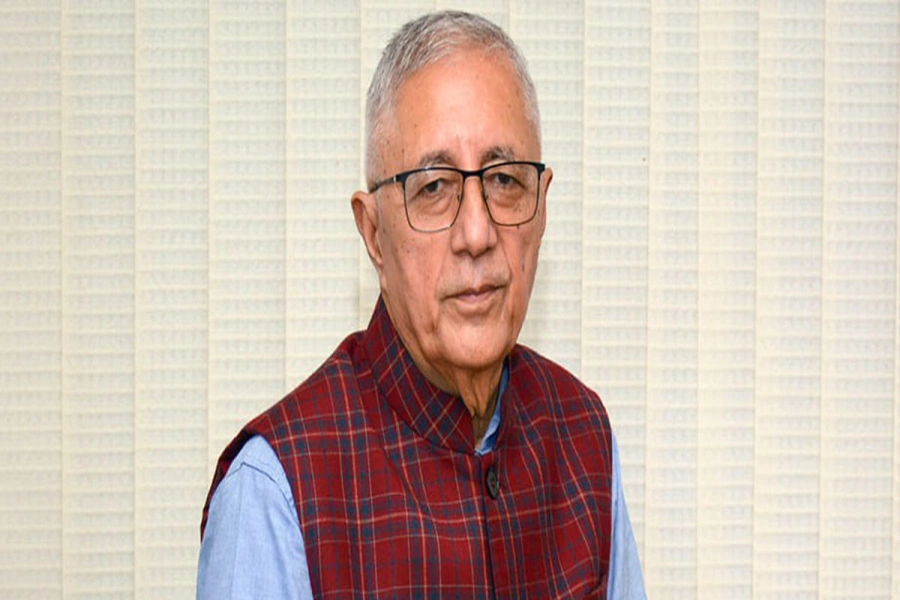At the bookstore, my friend enthusiastically came to me with a copy of Herzog on Herzog. I have been chattering a lot about Werner Herzog for the past few weeks. He didn’t know I was reading the same book and thought I wanted to buy it. I saw a number of the other copies of the book lying on the lower-most shelf. At first, I thought I knew why and almost believed that the book was a bestseller. Sadly, it wasn’t the case.
 Atharva, who was with me, told me that a few months ago when he had come to the same bookstore, he had seen a number of other books of this popular series. Now they were all gone. Which meant people did not come to the bookstore for this German filmmaker. It was very difficult to get used to the Bombay film industry in the beginning and precisely for this reason I felt Herzog was the right mentor for me. But that’s not the crux of this writing.
Atharva, who was with me, told me that a few months ago when he had come to the same bookstore, he had seen a number of other books of this popular series. Now they were all gone. Which meant people did not come to the bookstore for this German filmmaker. It was very difficult to get used to the Bombay film industry in the beginning and precisely for this reason I felt Herzog was the right mentor for me. But that’s not the crux of this writing.There was another voluminous book that fascinated me because of its title – Asian Cinema. But the fascination quickly turned into a sad realization. Below the bold-faced title of the book, names of a number of Asian countries were mentioned. Except one – Nepal – which is always missing in any significant book about Asian cinema. “Does it hurt me? Does it embarrass me?” I asked Atharva (he is from Rajasthan but clearly understood what I meant). “Now you know where I draw my inspiration from?”
Herzog drew heavily from his heritage. He was very conscious of the fact that Germany was not a country known for its cinema: “After the war there were two jobs of reconstruction: the cities had to be rebuilt physically, but just as important was the necessity of rebuilding Germany’s legitimacy as a civilized nation once again. This is still a struggle. Half a century on and Germany is still not completely there. Even though I have not lived in Germany for some years, it is very clear that today it is not a country known for its cinema. I feel there is a profound lack of vision, courage and innovation in German cinema today.”
Do I even need to mention what most of us feel about Nepali cinema today? I have quoted Herzog because what he’s said is also equally relevant to us. When I met some students of Nepali origin at the Film and Television Institute in Pune, I could see they were pained about the very fact that there is no good work in our country today. When they were new at the film institute, they were subjected to a lot of discrimination and shame. It is obvious that this will surely come out in their work in one way or the other in the coming days.
While I was at the film school, I asked a friend to send me some copies of Shirish Ko Phool from Kathmandu. Years ago, when Nepal banda was very frequent, I remember taking my bicycle out one fine day to a Sajha bookstore near Ason. The book turned out to be so fascinating; I finished it really quickly and couldn’t stop wishing it was longer than it actually was. Ever since then, I have always wanted to film it and now that I had quit my day job, I couldn’t wait any more to adapt it for the screen. But when the book finally arrived at the film school, it was already time for me to return to the maximum city where dreams have different ways to come alive.
A friend, who is with Nagarik, reminded me that some Nepali director had been planning to do a film on the same novel. I had also heard the news about it many years ago. But it was all that we heard about that project. How can this stop me from attempting it on my own? How can it stop me from paying a tribute to my language?
Shirish Ko Phool cannot be like other films. It has to be socially, culturally and historically conscious and also very significant. It must be a tribute to the Nepali language. There is too much of a stake in this and no matter whosoever does it, we must do justice to Parijaat; We must do justice to her Sukambari.
Film Development Board to take action against cinema halls that...












